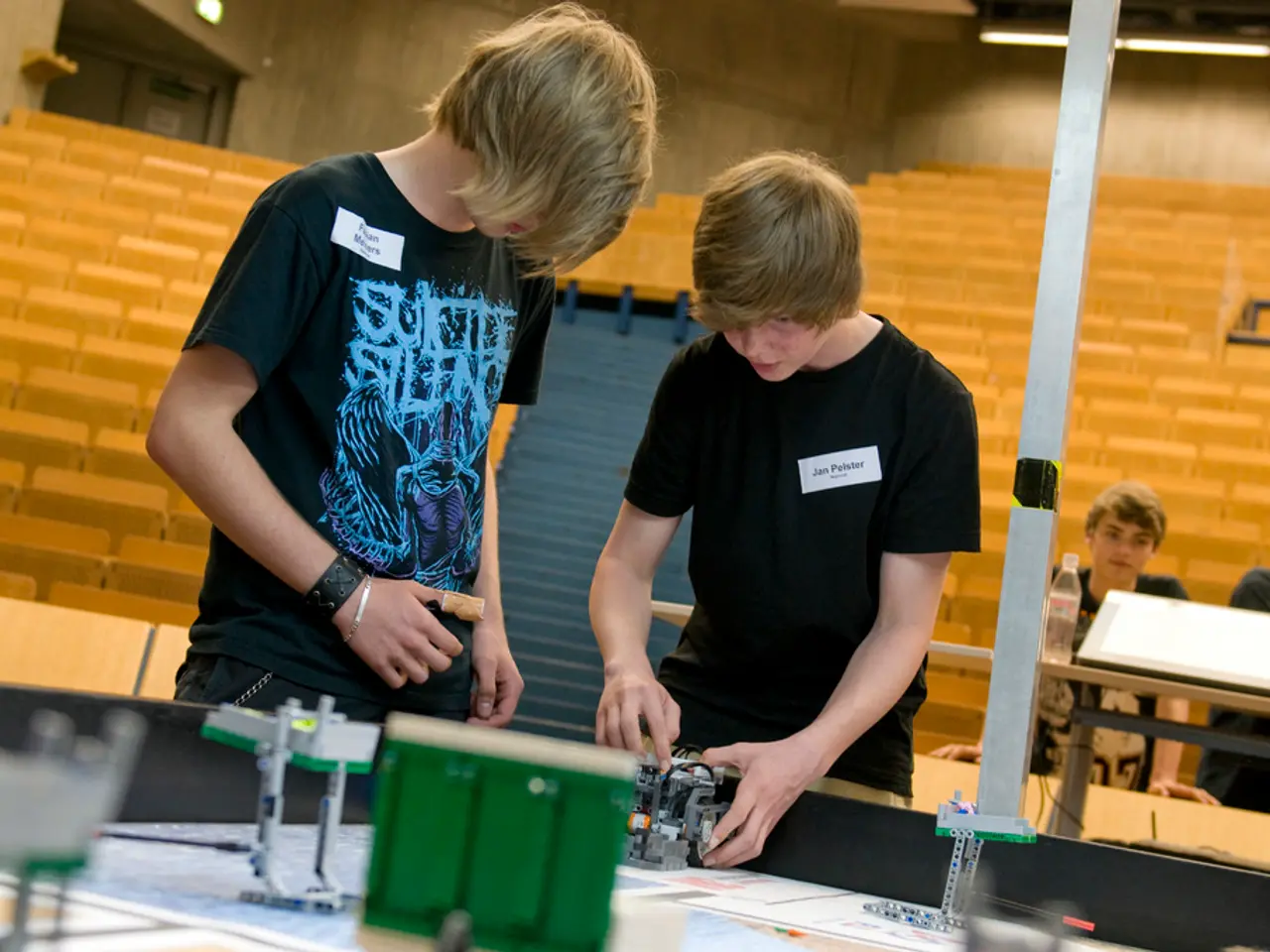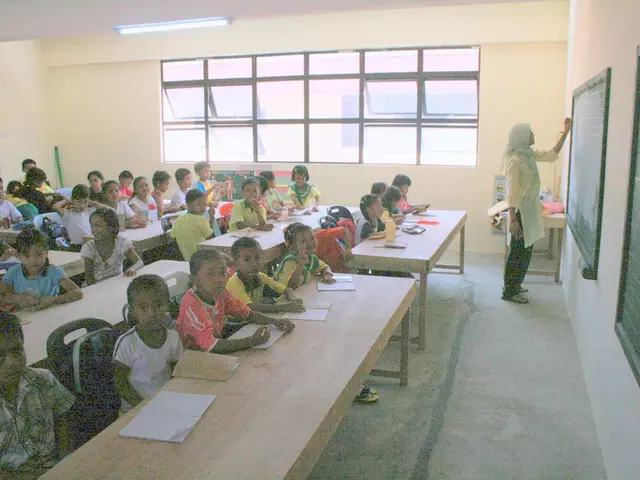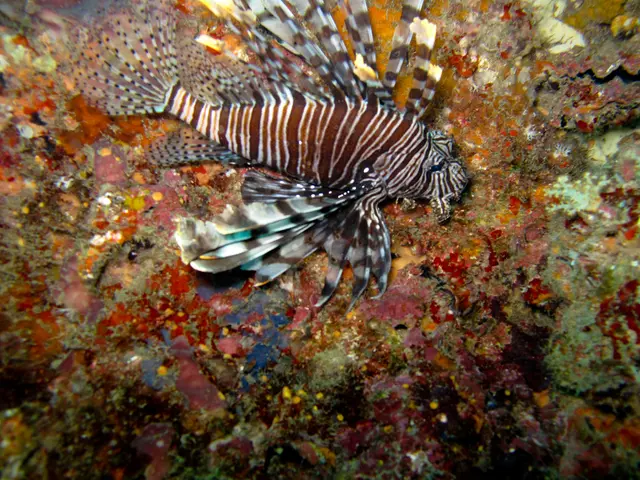Government intends to bolster biotechnology sector, as announced by Cho
Taiwan's biotech sector is making strides, with the government committing to optimise the ecosystem and boost global competitiveness. This year's BIO Asia-Taiwan, the largest biotech event in Asia, is testament to this commitment. Held at the Taipei Nangang Exhibition Center until Sunday, the event showcases Taiwan's strengths in biotech.
Premier Cho Jung-tai made this announcement at the opening of the exhibition. He emphasised the government's plans to integrate chips and artificial intelligence (AI) with the biotech sector. This integration aims to enhance research and development, production efficiencies, and global competitiveness.
The biotech industry in Taiwan has already seen significant growth. Last year, the sector's output surpassed NT$775 billion (US$26.4 billion), a record high. Each year, dozens of medical devices in Taiwan receive foreign certifications. The sector has also approved 15 drugs for international sales.
The government's approach to optimising the biotech ecosystem is comprehensive. It focuses on cross-disciplinary integration, enhancing funding access, regulatory clarity, talent development, and market expansion.
Cross-disciplinary integration involves combining chip (semiconductor) and AI technologies with biomedicine. This spans from upstream prototyping and midstream pilot production to downstream regulatory easing and infrastructure deployment.
Policies also aim to improve access to funds for biotech startups and companies to stimulate innovation and scaling. Efforts are made to streamline approval processes and clarify regulations to accelerate biotech product development and commercialisation.
Forming a skilled workforce with expertise in biotech, AI, and semiconductor technologies is a priority. Taiwan positions itself as a trustworthy global partner and seeks to expand its biotech market presence, leveraging its strong ICT industry, healthcare system, and National Health Insurance database to support industrial innovation.
The goal is to boost economic resilience and position Taiwan as a reliable and collaborative global partner. With over 900 leading companies and more than 2,200 booths, BIO Asia-Taiwan is a significant event for the biotech industry in Taiwan. Participants come from over 50 countries, underscoring Taiwan's global reach.
The National Science and Technology Council has focused on biomedicine and agriculture in a report. The council's commitment to the biotech sector is reflected in its plans to optimise the ecosystem and its participation in events like BIO Asia-Taiwan. A photo of the event was taken by CNA.
Taiwan's robust information and communications technology industry, outstanding healthcare system, and comprehensive National Health Insurance database provide a strong foundation for industrial innovation. The government's commitment to building a friendly investment environment is reflected in the event and its efforts to optimise the biotech ecosystem.
- The Taiwanese government is committed to integrating chips, artificial intelligence, and biotech to enhance research, development, and production efficiencies, aiming to boost global competitiveness in the biotech industry.
- A priority for Taiwan is to develop a skilled workforce with expertise in biotech, AI, and semiconductor technologies, positioning itself as a trustworthy global partner and expanding its biotech market presence.
- The National Science and Technology Council's focus on biomedicine and agriculture, as seen in a recent report, reflects its commitment to optimizing the biotech sector's ecosystem, evident in events like BIO Asia-Taiwan.
- With a robust information and communications technology industry, outstanding healthcare system, and comprehensive National Health Insurance database, Taiwan offers a strong foundation for industrial innovation, which the government is working to support through its efforts to build a friendly investment environment.




